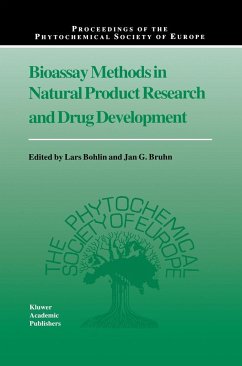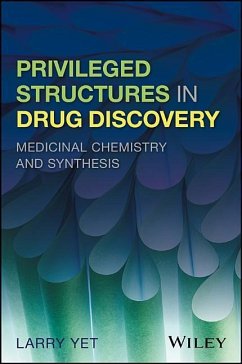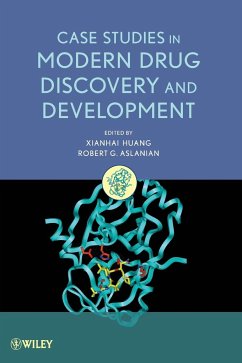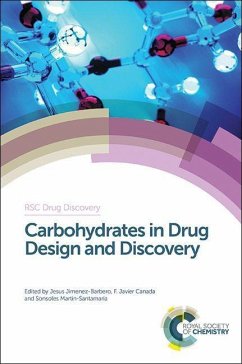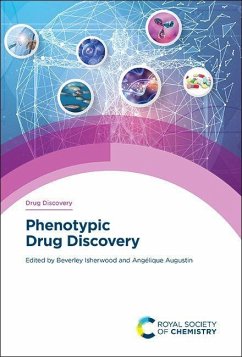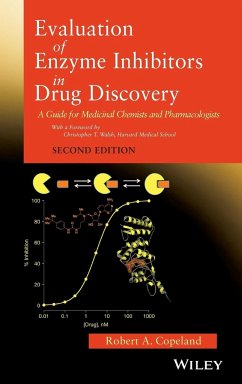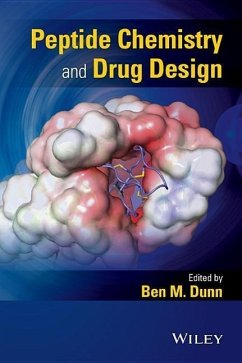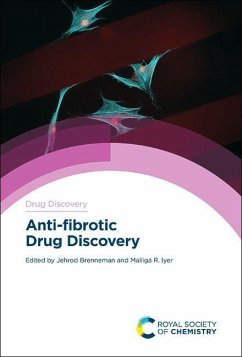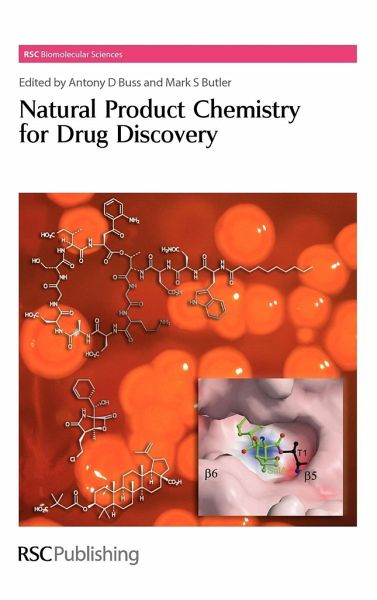
Natural Product Chemistry for Drug Discovery
Versandkostenfrei!
Versandfertig in über 4 Wochen
180,99 €
inkl. MwSt.

PAYBACK Punkte
90 °P sammeln!
Natural Product Chemistry for Drug Discovery provides a comprehensive update on where natural product chemistry is today in drug discovery. The book covers emerging technologies and case studies and is a source of up-to-date information on the much debated subject of natural products. The authors, all experts in their respective fields, provide compelling arguments as to why natural products should be considered important tools in the drug discovery process. The book will appeal across the board from scientists to professionals, postgraduates and industrial chemists. The case studies selected ...
Natural Product Chemistry for Drug Discovery provides a comprehensive update on where natural product chemistry is today in drug discovery. The book covers emerging technologies and case studies and is a source of up-to-date information on the much debated subject of natural products. The authors, all experts in their respective fields, provide compelling arguments as to why natural products should be considered important tools in the drug discovery process. The book will appeal across the board from scientists to professionals, postgraduates and industrial chemists. The case studies selected for inclusion highlight recently marketed drugs and development candidates that have been derived from natural products. These 'real-life' examples show how new technologies, such as advances in screening, isolation, dereplication and prefractionation, have significantly enhanced the discovery process.






